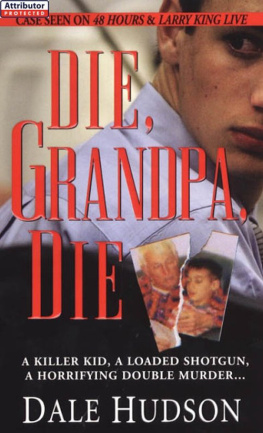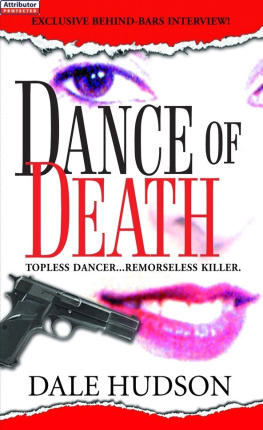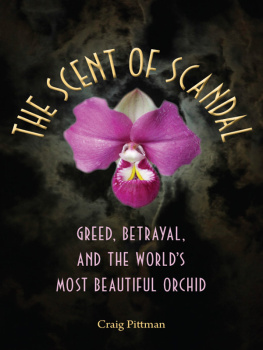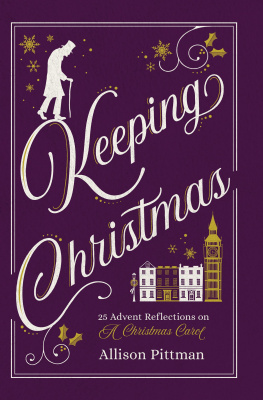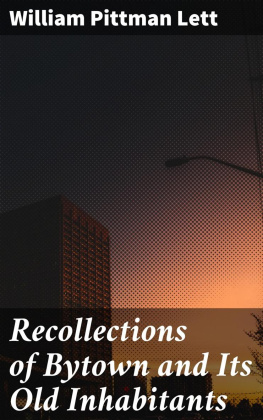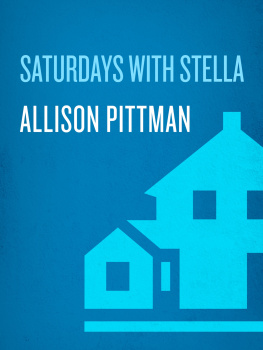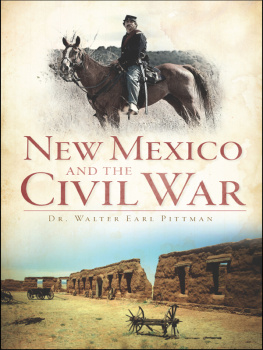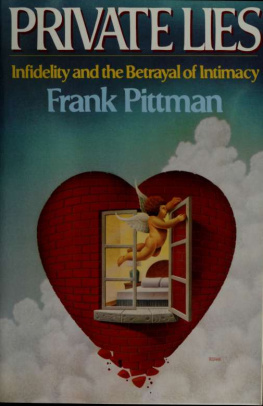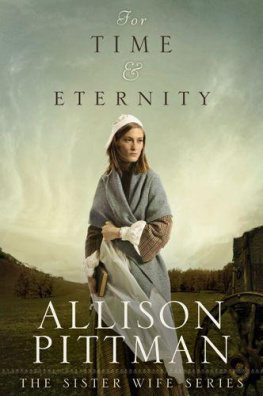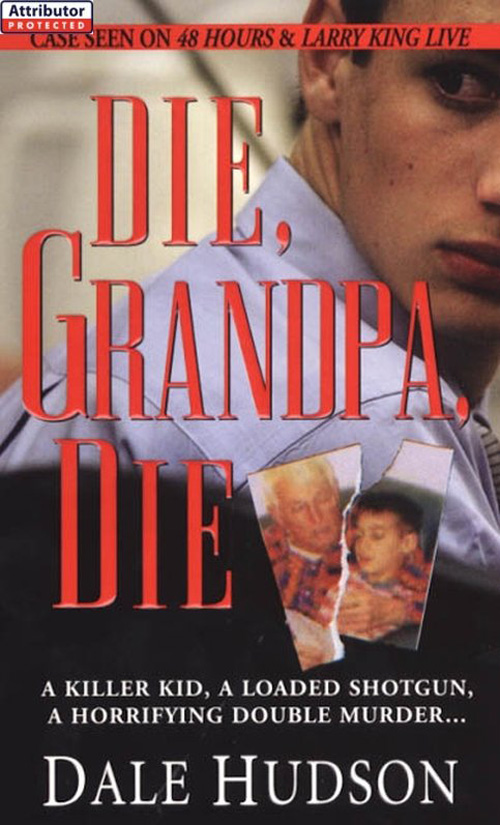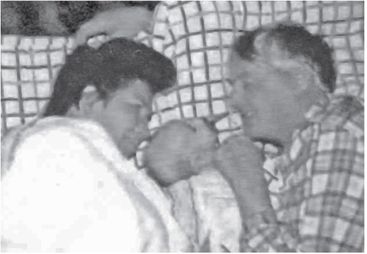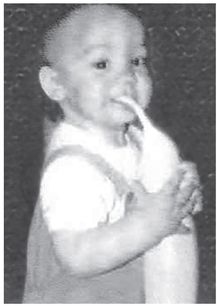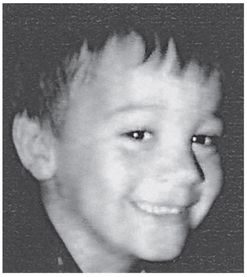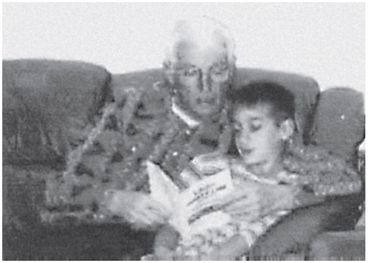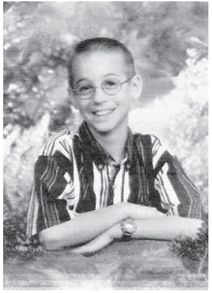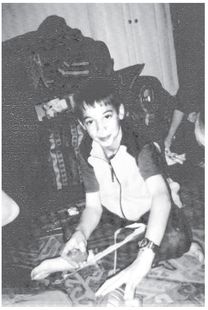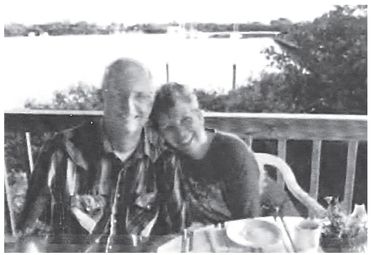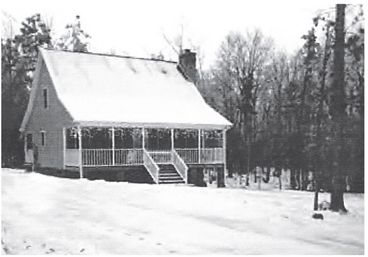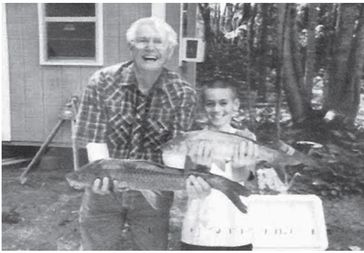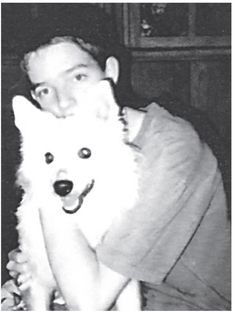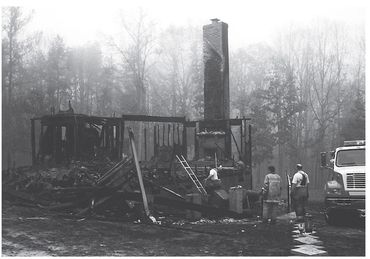Acknowledgments
As every reader knows, it takes a lot of people to create a true crime book, and I am indebted to many. I could never have written this book had it not been for the help of people who provided information, pictures and encouragement.
First, Id like to express my appreciation to Melinda Pittman Rector, who graciously supplied family pictures and her fathers book of memories.
A special thanks for additional information and/or pictures goes to Jason Cato, James Red and Lucy Weir, Andy Martin, Sheriff Robert Benson, Major James McNeil, Reverend Chris Snelgrove, Kathy Connor, Shirley Carter, Stuart and Ann Grant, and Holly OQuinn.
I especially want to thank my writing partner and good friend, Dale Dobson. Thanks also goes to my sister-in-law Rhonda Hucks and new business partner Heidi Herring. I am also indebted to my three biggest supporters: my banker, Richard Causey; my accountant, Morgan Lewis; and my attorney, Ralph Stroman.
As always, nothing is possible without the support and love of my wife, Deborah, and two children, DJ and Deegan. And to my mom, Katherine Hudson. I am always blessed by her continual encouragement and influence.
Finally, a special and deep gratitude goes to my agent Peter Miller and the folks at Kensington for all their help and support.
EPILOGUE
The jury in Christopher Pittmans case believed his behavior was affected by Zoloft on November 28, 2001, when he killed his grandparents, but was convinced beyond a reasonable doubt that he knew the difference between right and wrong and acted with malice aforethought. Christophers attorney filed a motion asking Judge Daniel Pieper to reduce Christophers sentence to a maximum imprisonment to age 21.
On May 13, 2005, Judge Pieper denied the motion for a new trial in the Pittman case. The courts opinion acknowledged that one juror discussed his potential vote with a bartender before the verdict. The court also noted that two other jurors who voted guilty actually believed that Christopher was not guilty, but voted with the majority because of one, coercion and/or two, a misunderstanding of the law, in that one juror thought she had to vote with the majority to achieve unanimity. Yet, Pieper ruled the fundamental fairness of the deliberations or the verdict were neither persuaded nor affected by these actions. Christophers defense team filed an appeal with the South Carolina Supreme Court, asking the court to reverse Christophers conviction.
In a touch of irony, Christopher Bernaiche, who was bipolar and convicted of murder, was granted another trial in Detroit, Michigan, on the same day Christopher was found guilty in South Carolina. On December 27, 2002, the twenty-seven-year-old Bernaiche lost at a pool game in a bar, got into a fight, and then returned with a gun. He shot up the barfiring at least twenty shotskilling two men and injuring three other patrons. Andy Vickery also served as lead trial counsel and argued Bernaiches antidepressant medication, Prozac, had caused Bernaiche to react violently and ultimately kill. His Proazc had been doubled two months before the shooting. No doubt, Bernaiches trial will boil down to the same determining factor as was Christopher Pittmans trial: a battle of the psychopharmacological experts.
In August, 2005, the South Carolina Supreme Court agreed to hear Christophers appeal. The ruling meant his appeal would bypass the South Carolina Court of Appeals, because [Christopher Pittmans case] involves an issue of significant public interest or a legal principle of major importance.
Christopher remains incarcerated at the DJJ in Columbia, South Carolina. Unless Christophers case is overturned before April 2006, when Christopher will turn 17, he will be transferred to an adult prison.
According to Melinda Pittman Rector, who maintains a website in memory of her parents, Joy and Joe Pittmans home owners insurance policy refused to pay for any damages or loss of property to their home. Rector stated the insurance company cited a clause in the contract which prohibited payment when a fire was deliberately set by a relative resident.
On a happier note, Danielle Pittman Finchum gave birth to a healthy girl. She and her husband, named the baby after her grandmother, Joy Pittman.
Joe and Joy Pittman were elated when their grandson, Christopher, was born on April 9, 1989. (Photo courtesy of Melinda Pittman Rector)
After Christophers motherabandoned him when hewas six weeks old, thePittmans helped raise him. (Photo courtesy of Melinda Pittman Rector)
As Christopher grewolder, he wasdescribed as a sweet, quiet, and laid-back child. (Photo courtesy of Melinda Pittman Rector)
Christopher and his grandfather were especially close. (Photo courtesy of Melinda Pittman Rector)
When Christopher waseight, his world fell apart when his grandparents moved to South Carolina. (Yearbook photo)
In 2001, at the age of 12, Christopher ran away and threatened suicide; he was hospitalized and prescribed an antidepressant medication. (Photo courtesy of Melinda Pittman Rector)
When the Pittmans heard Christopher was in trouble, they didnt hesitate to take him in. (Photo courtesy of Melinda Pittman Rector)
The Pittmans dream home in Chester, South Carolina. (Photo courtesy of Melinda Pittman Rector)
Christopher and his grandfather did everything together. (Photo courtesy of Melinda Pittman Rector)
On the night of November 28, 2001,Christopher shot his grandparents with a.410 shotgun as they slept and then set fire to their home. (Photo courtesy of Melinda Pittman Rector)

